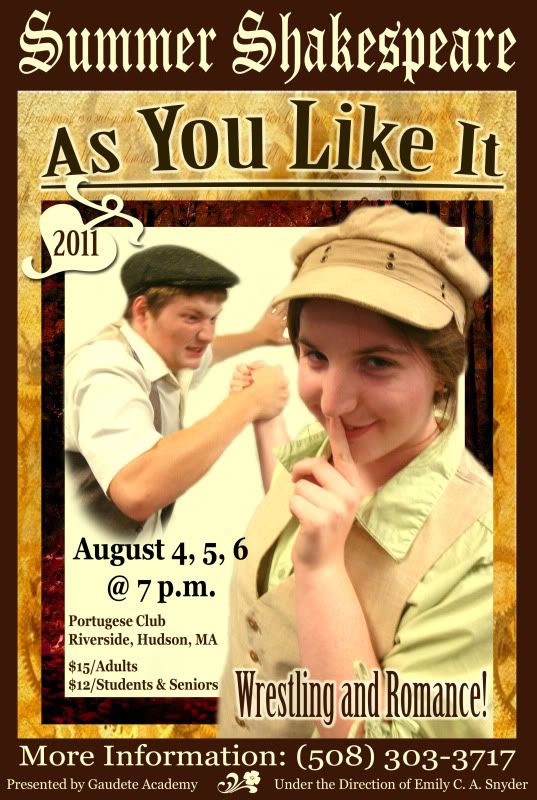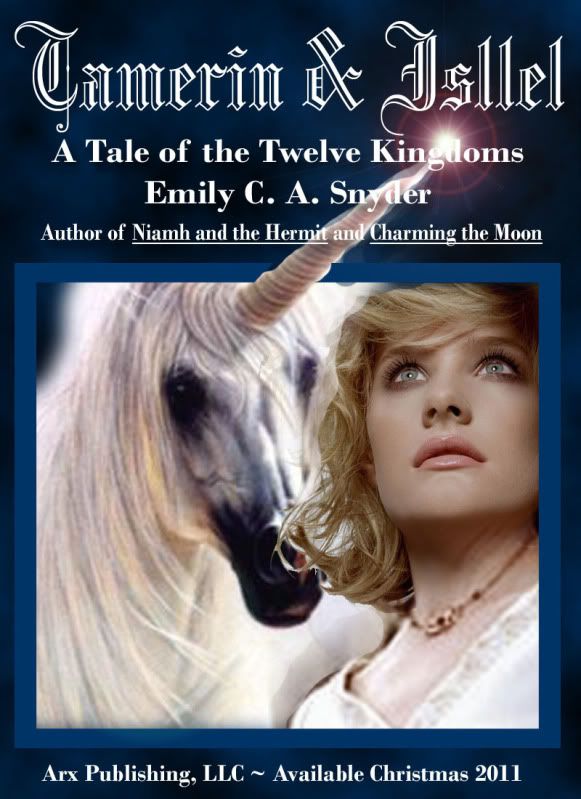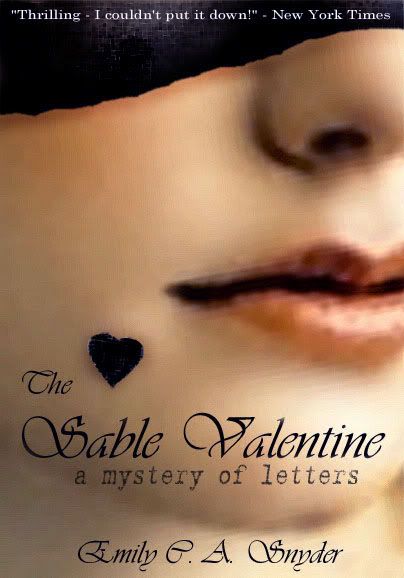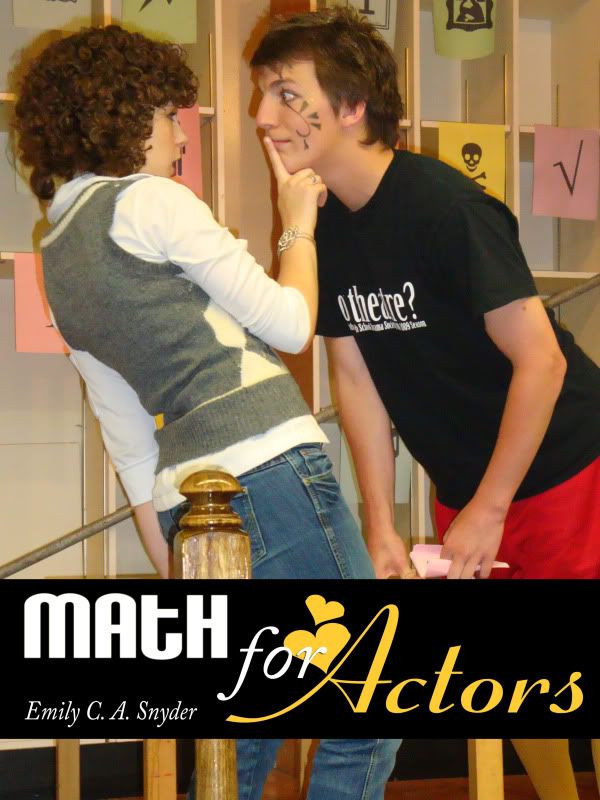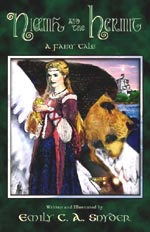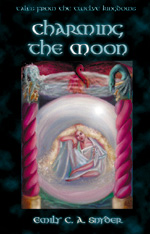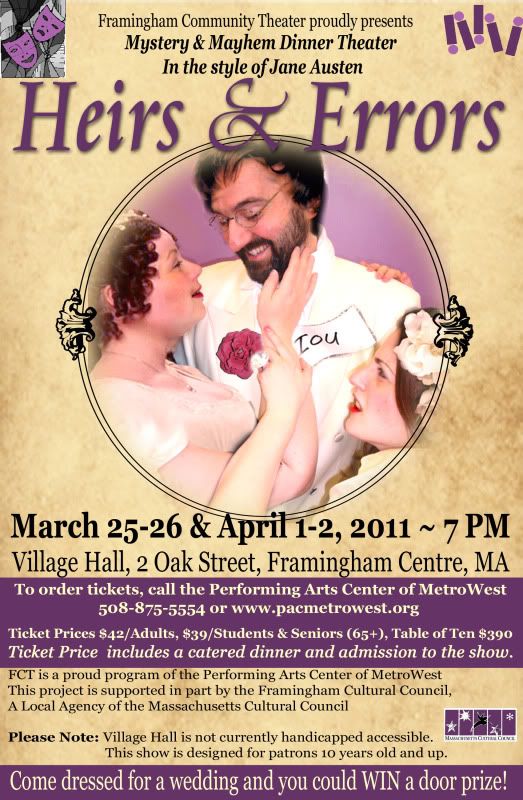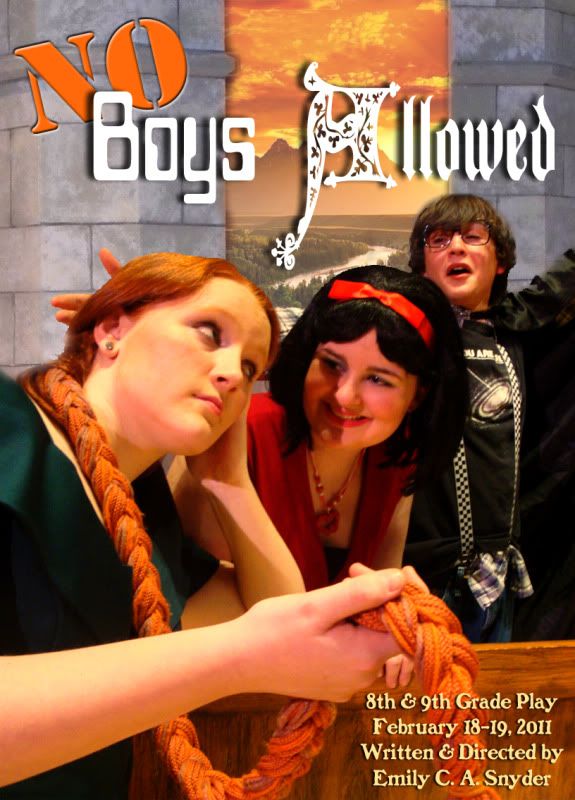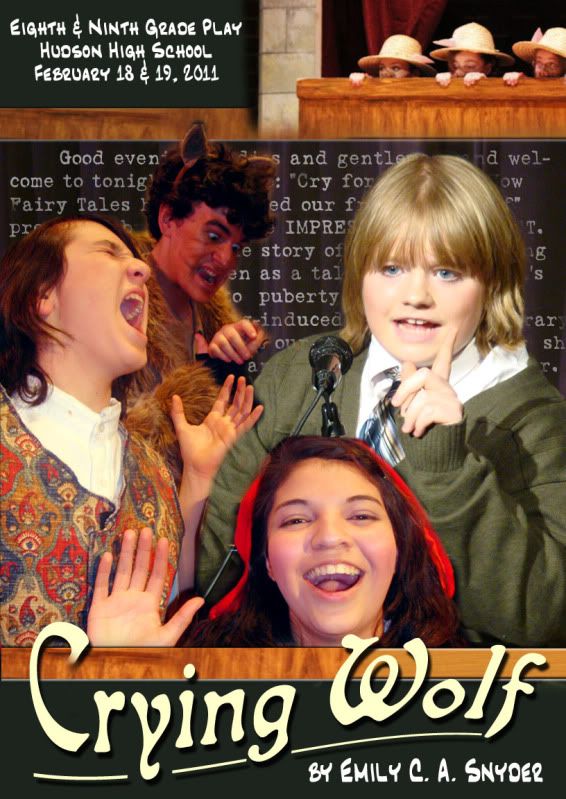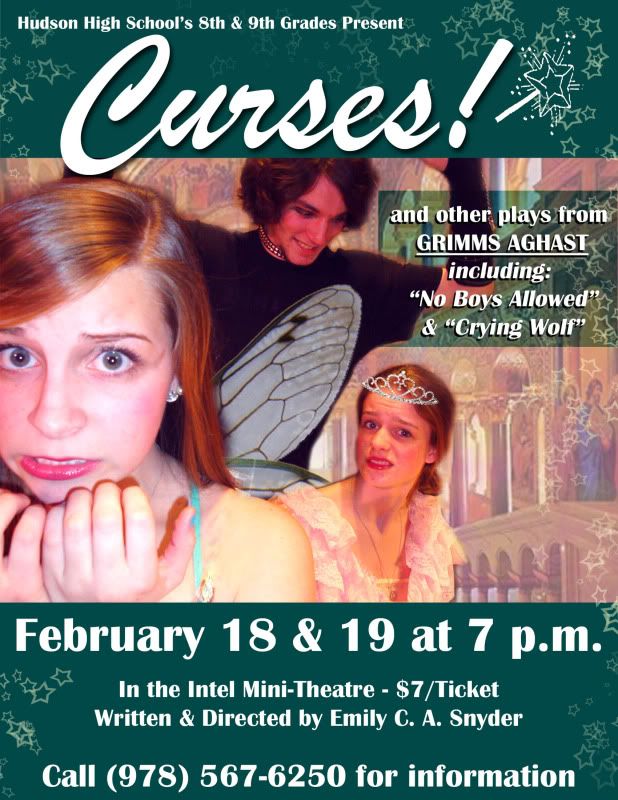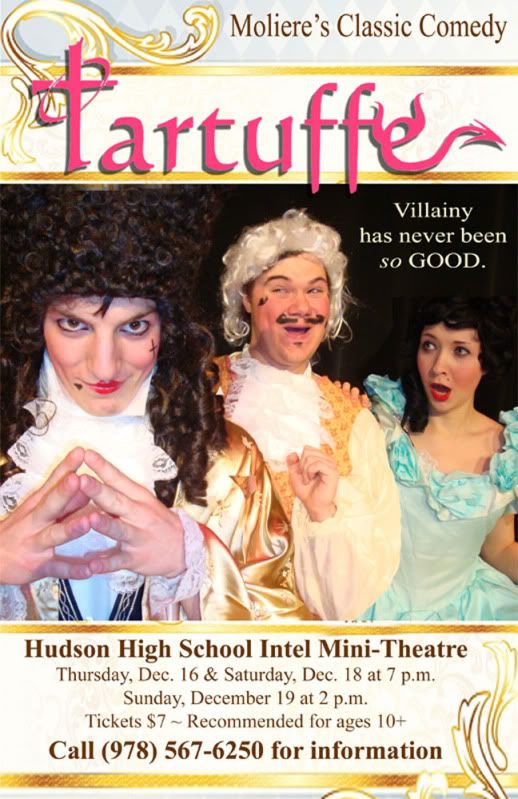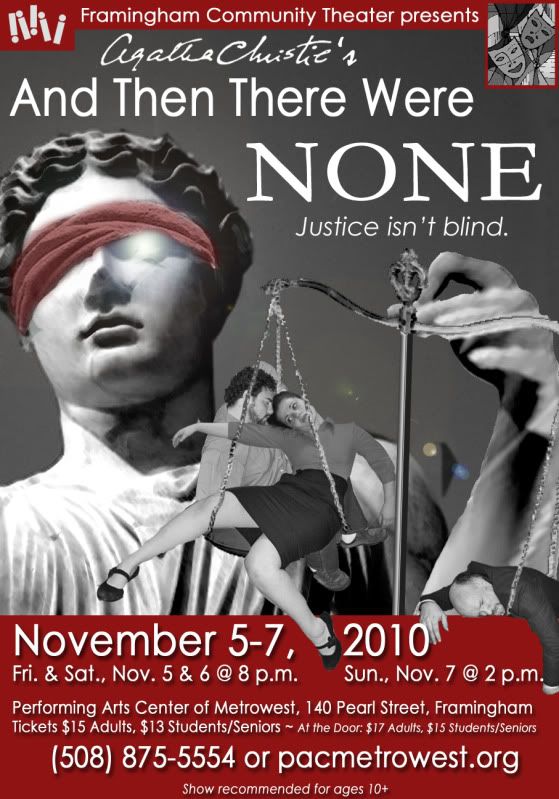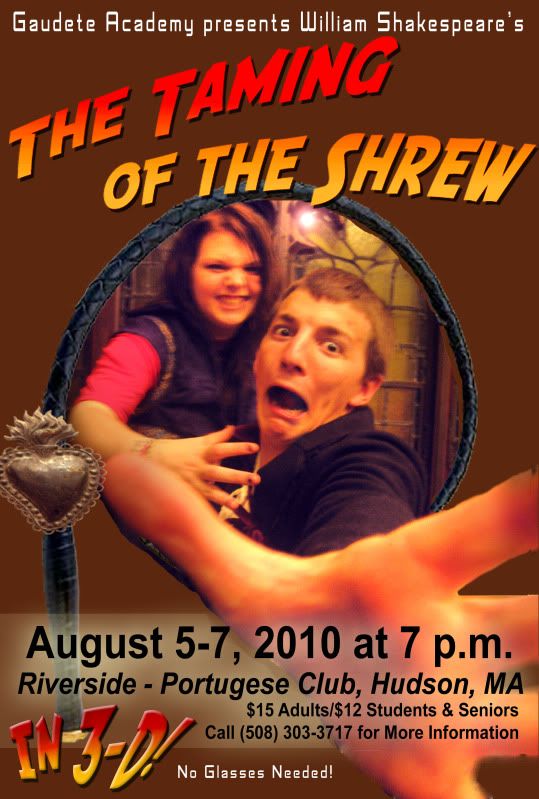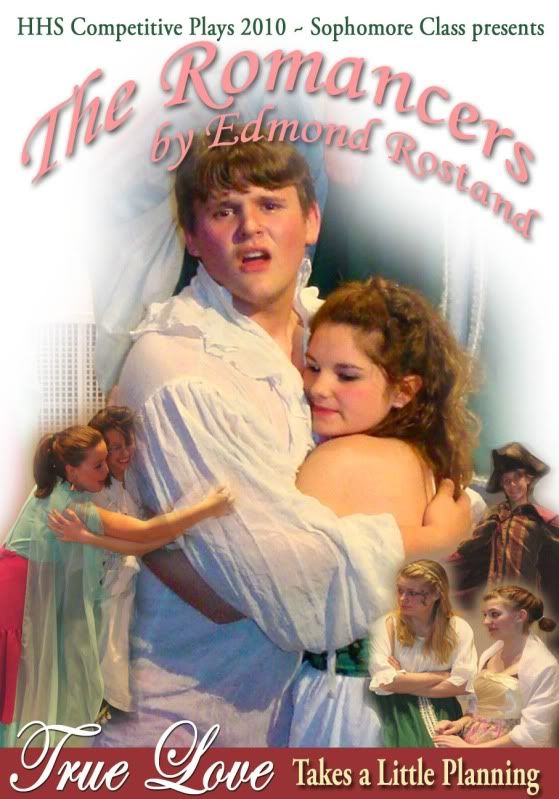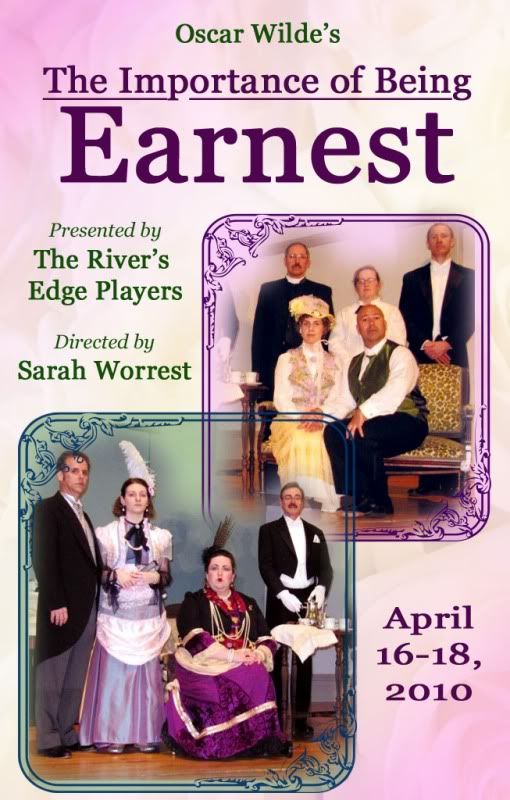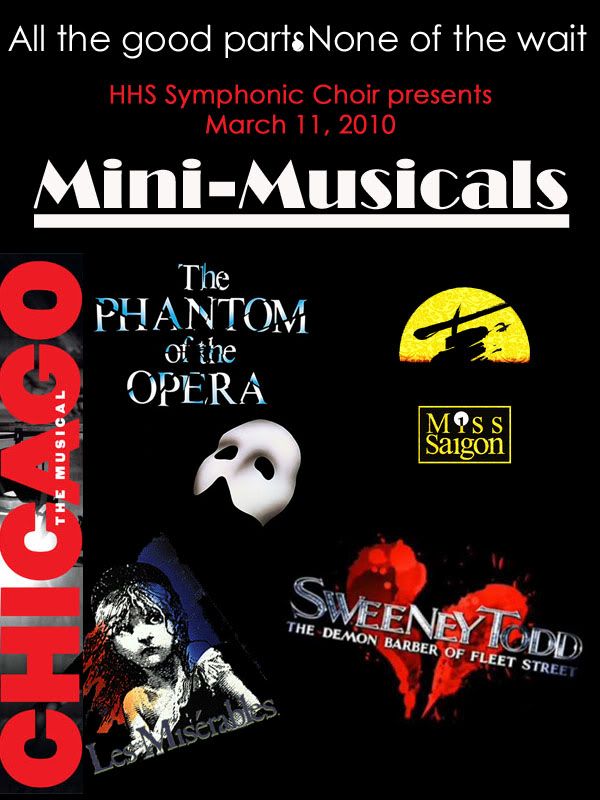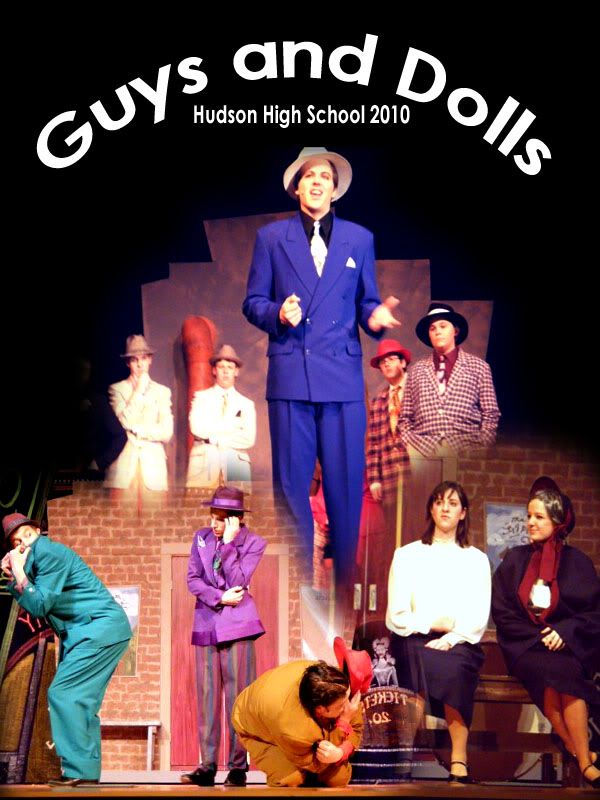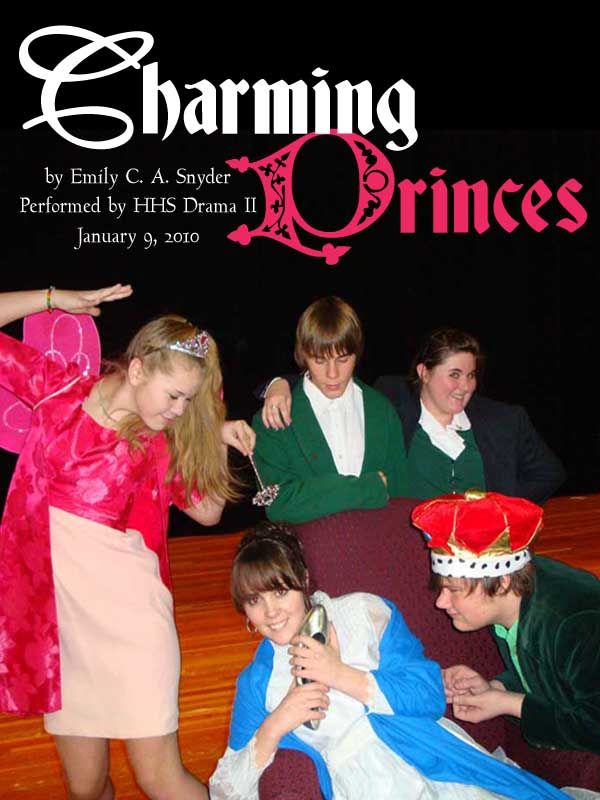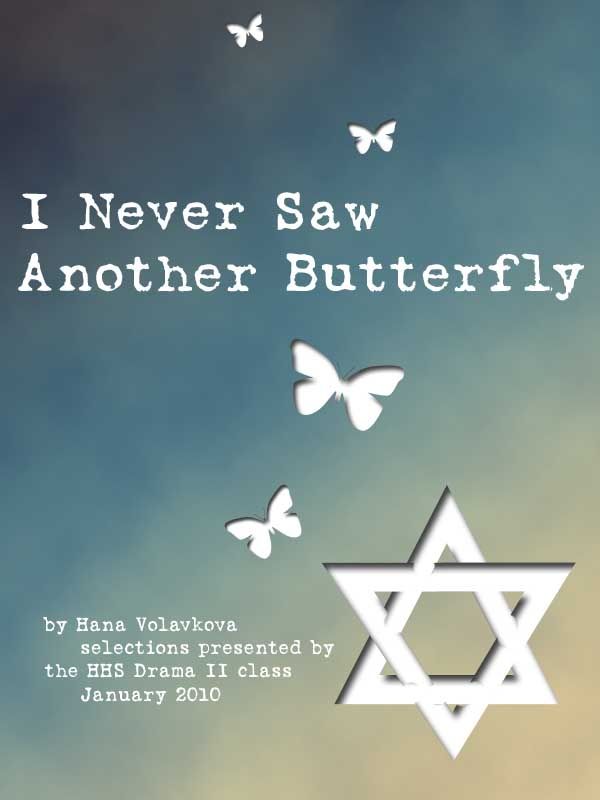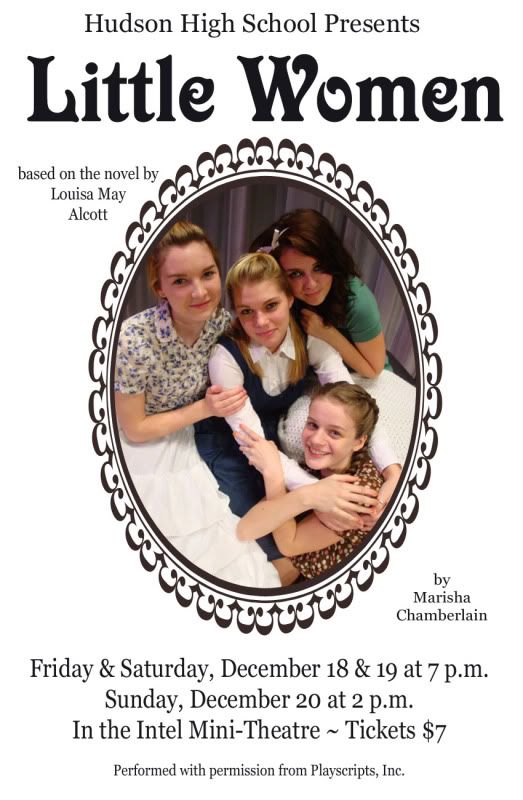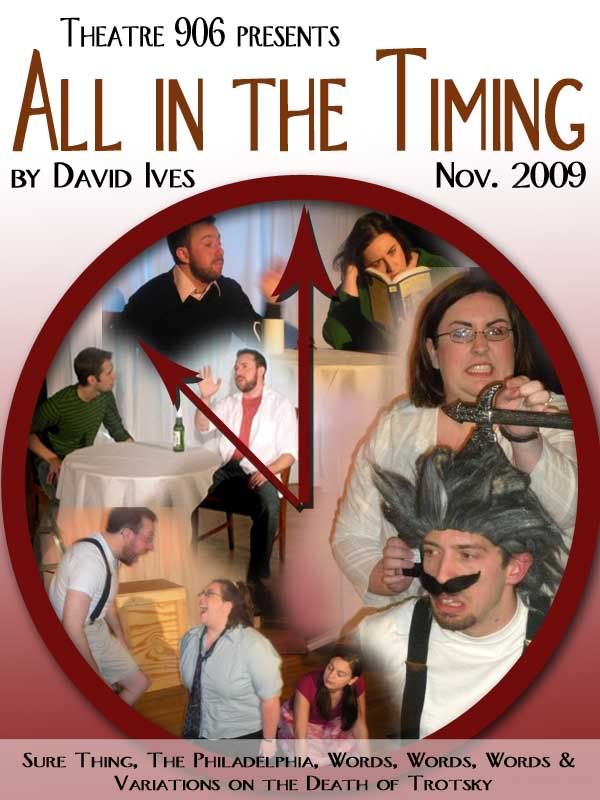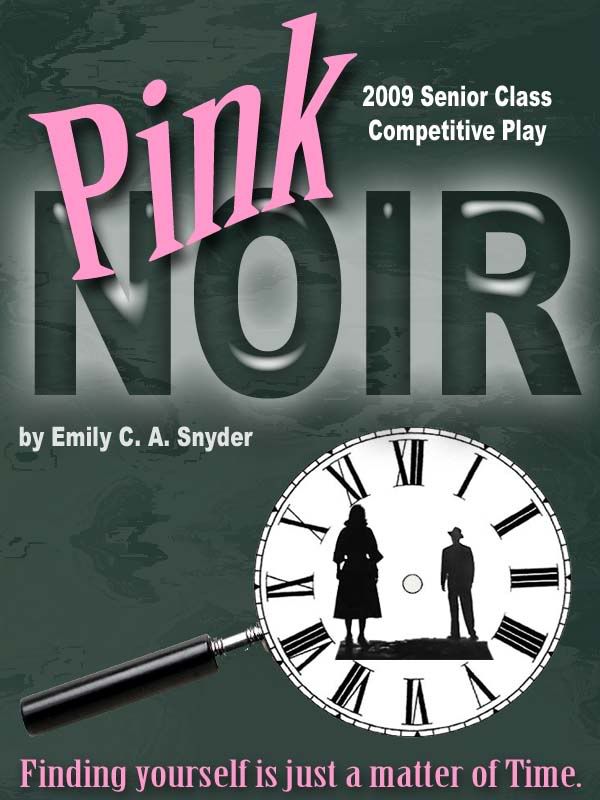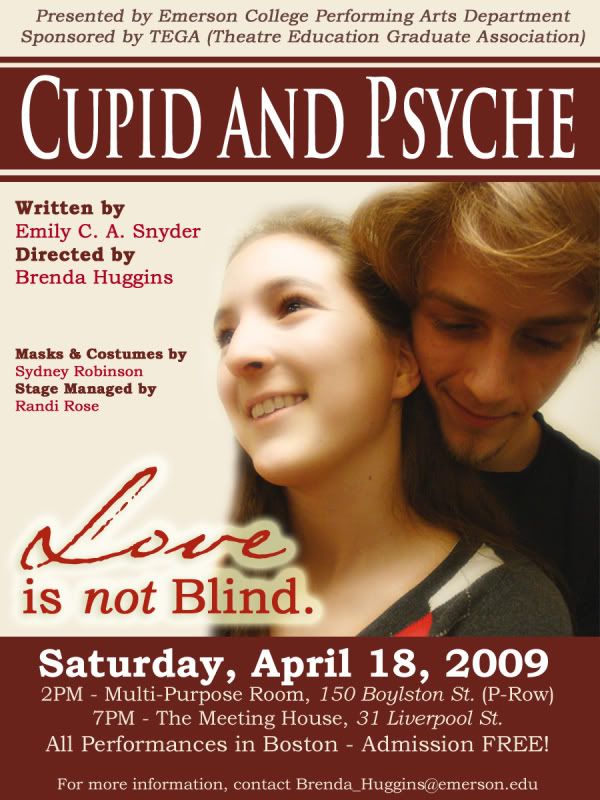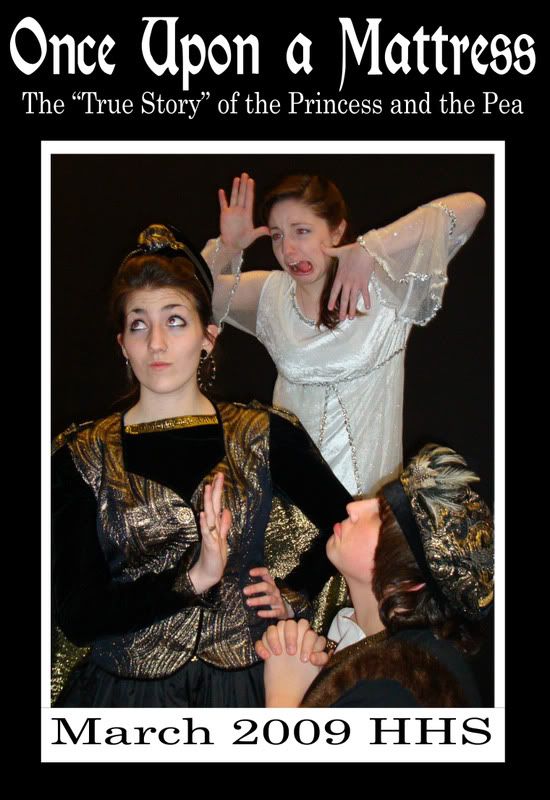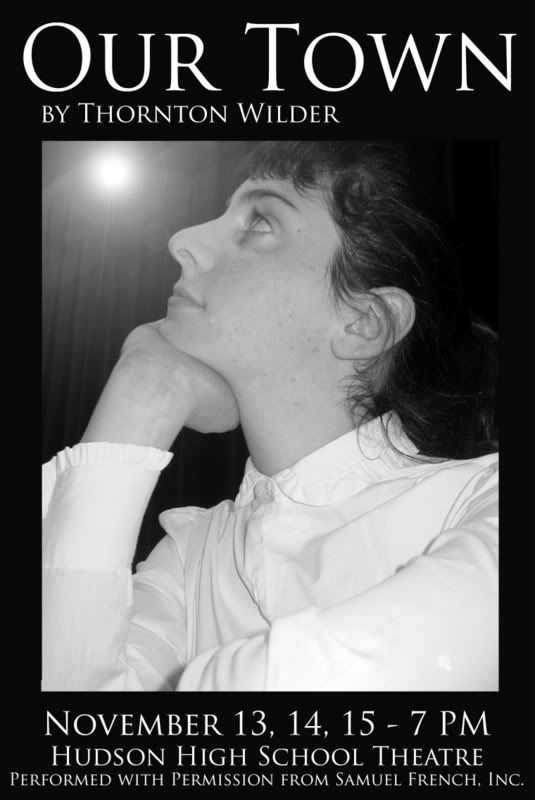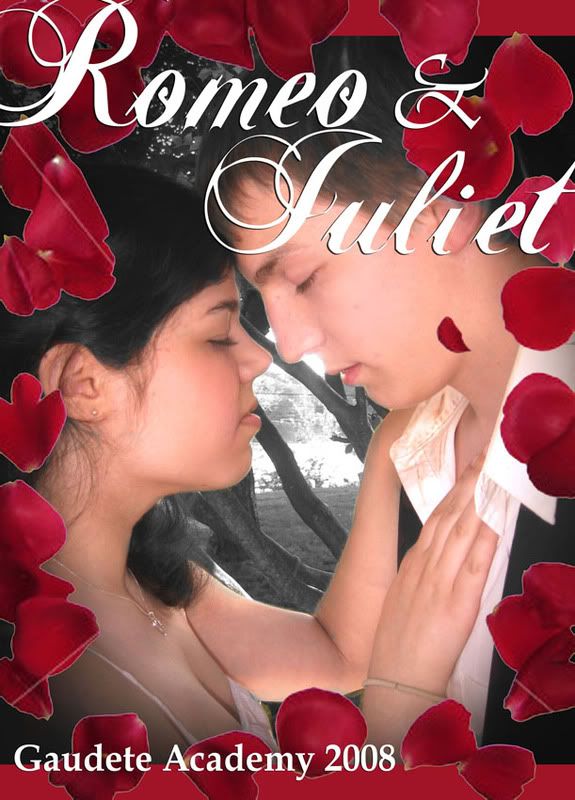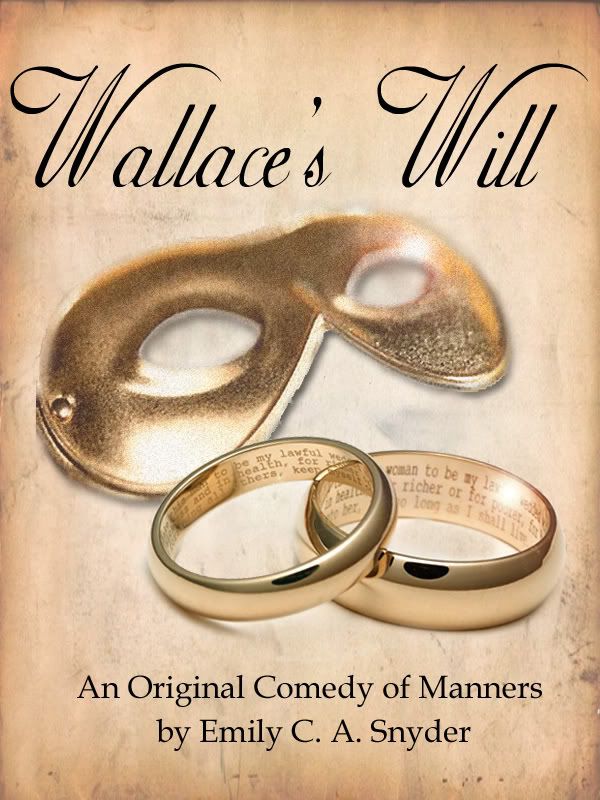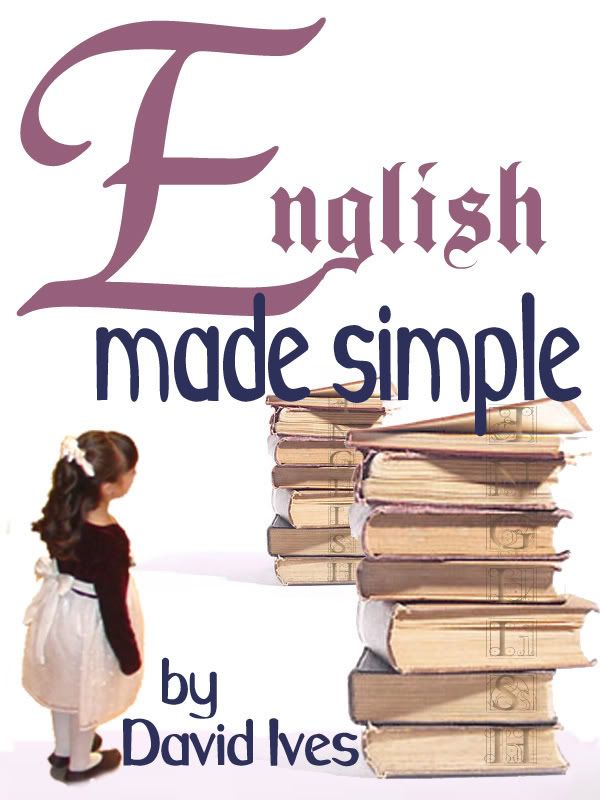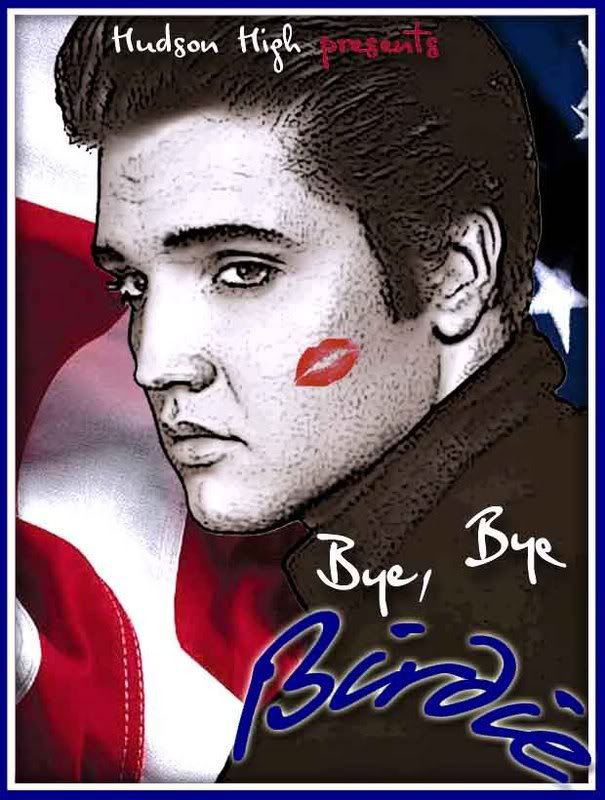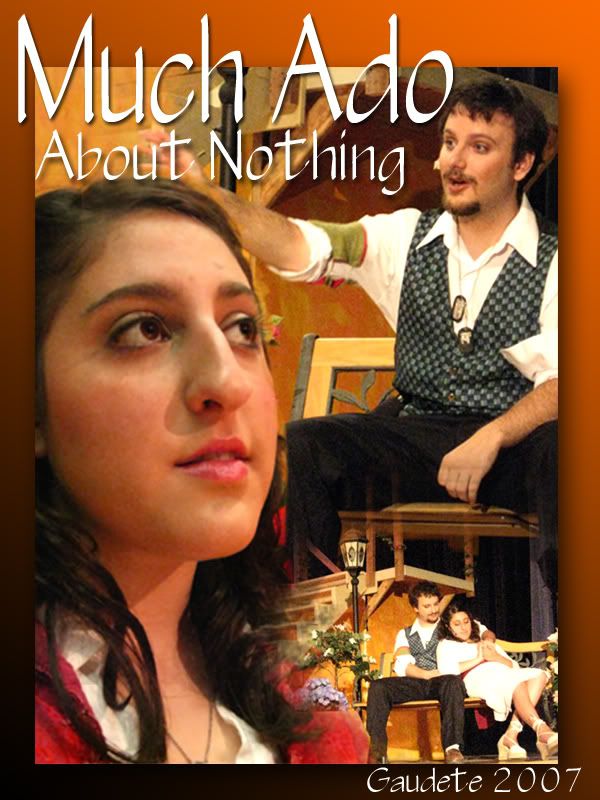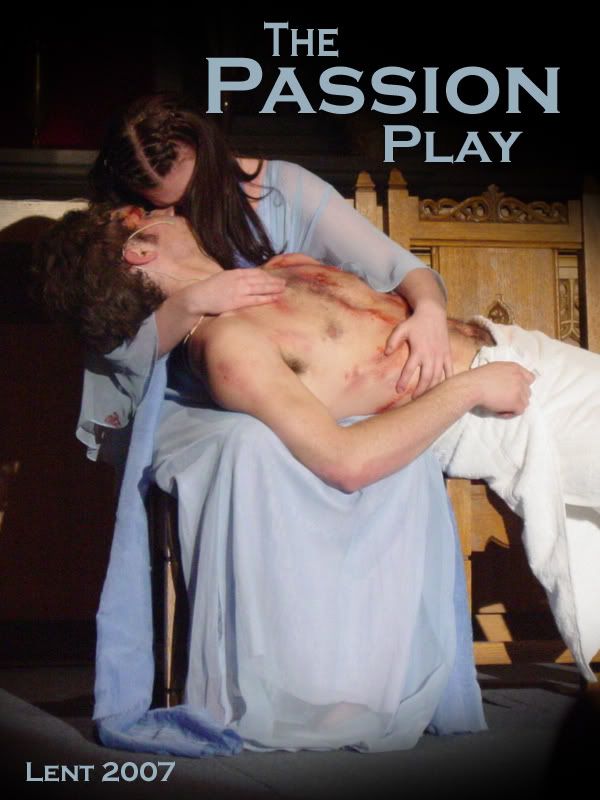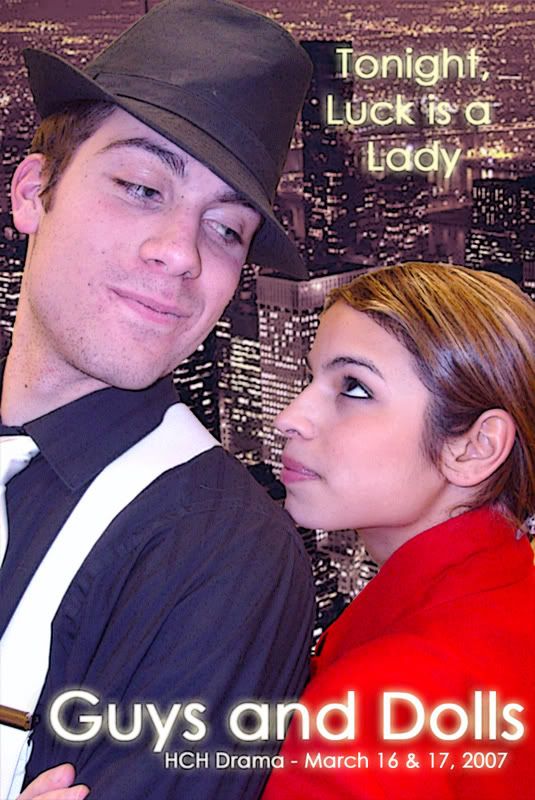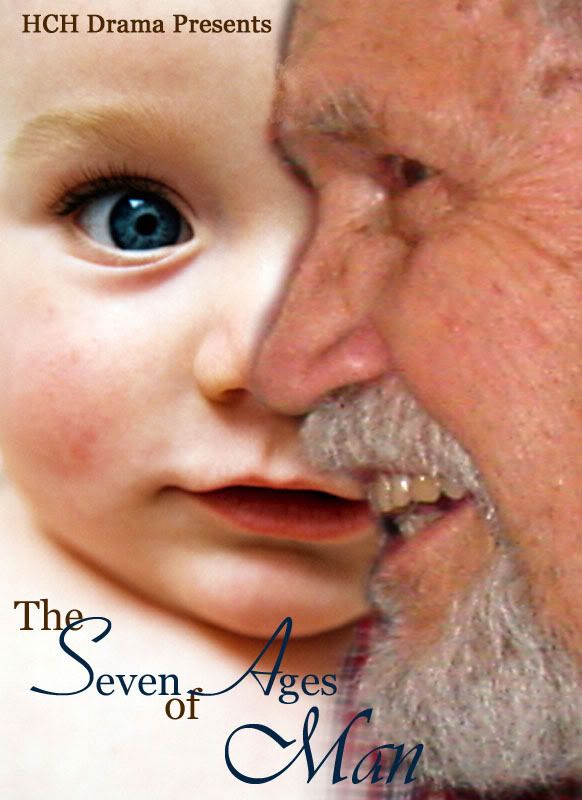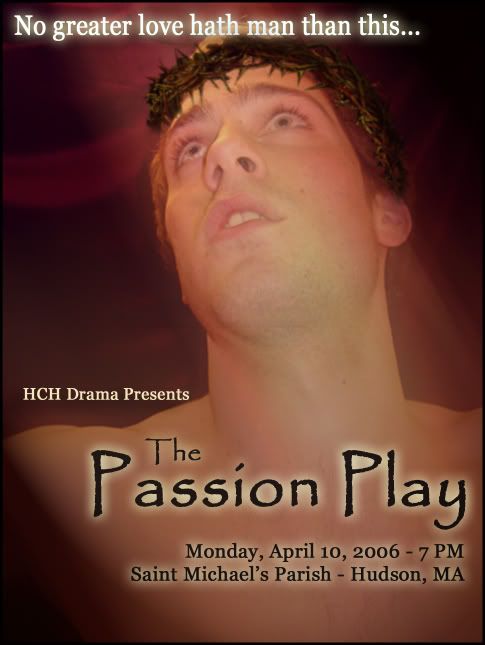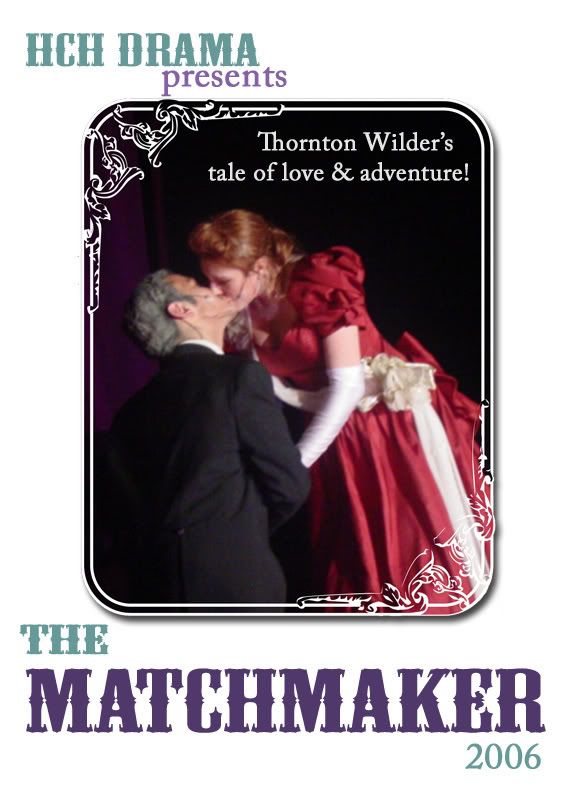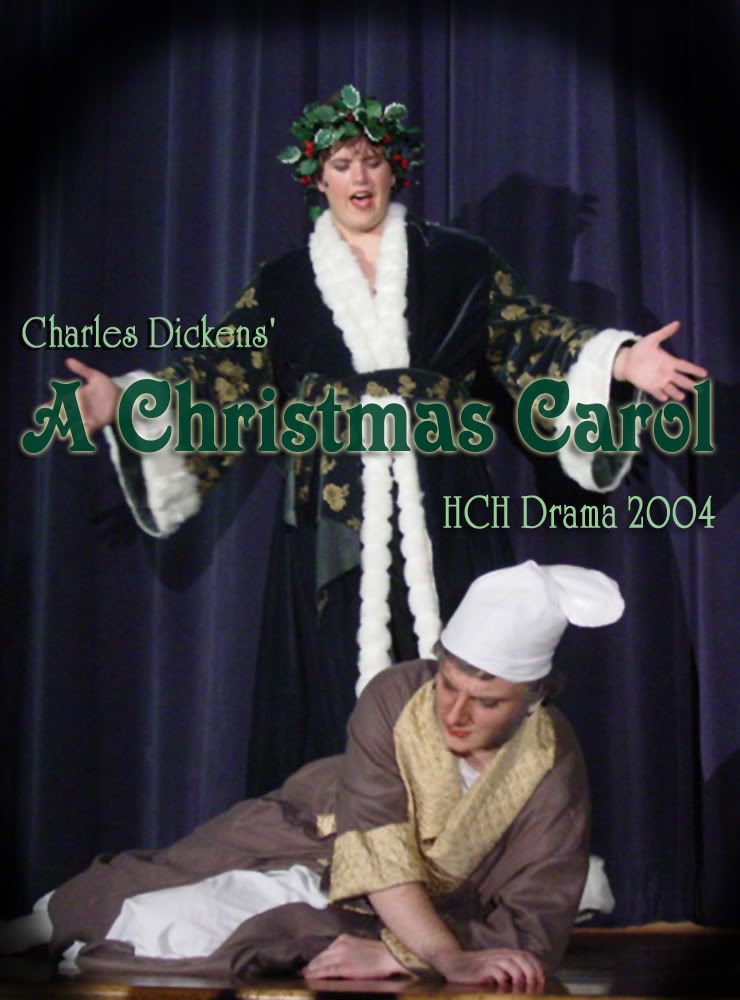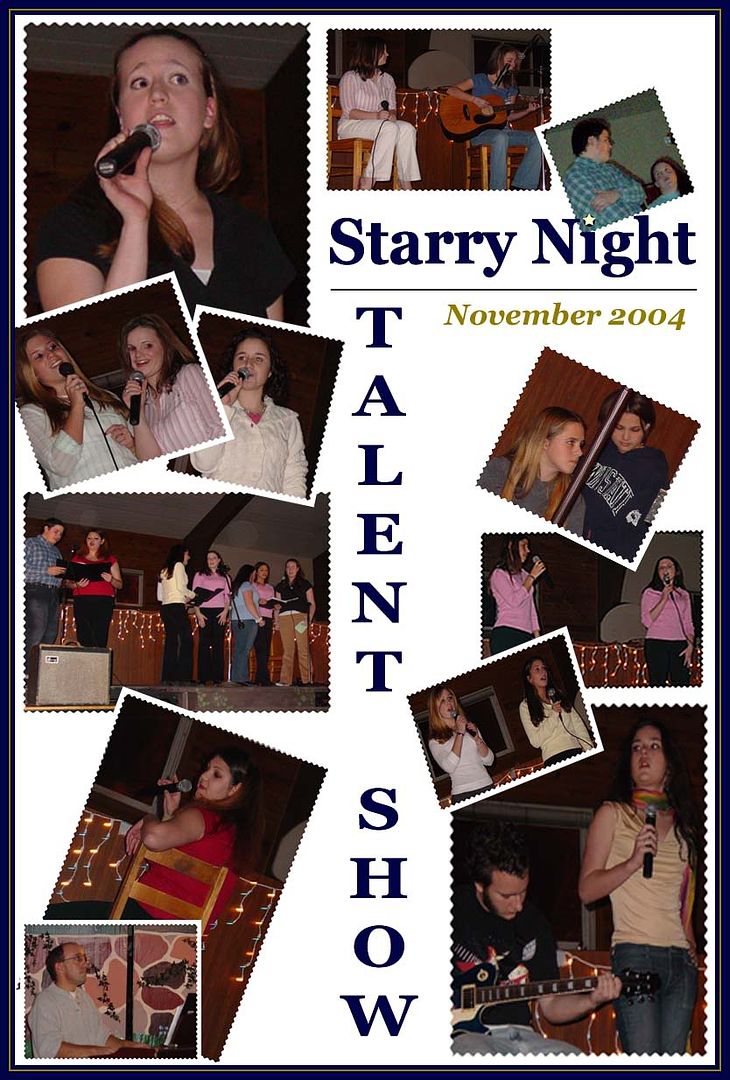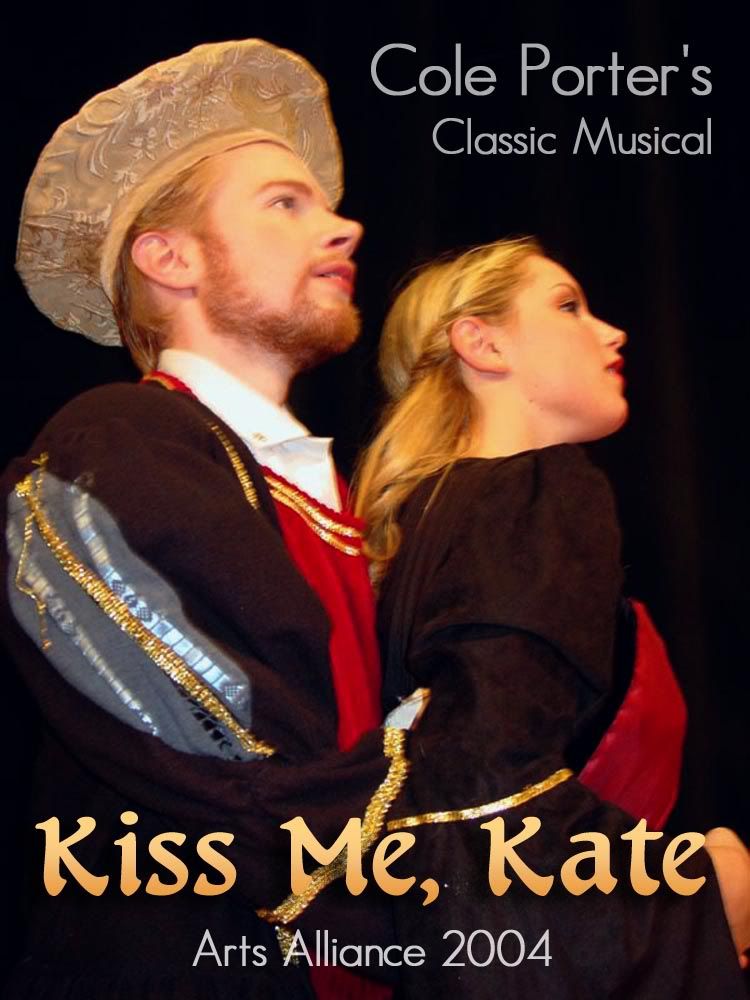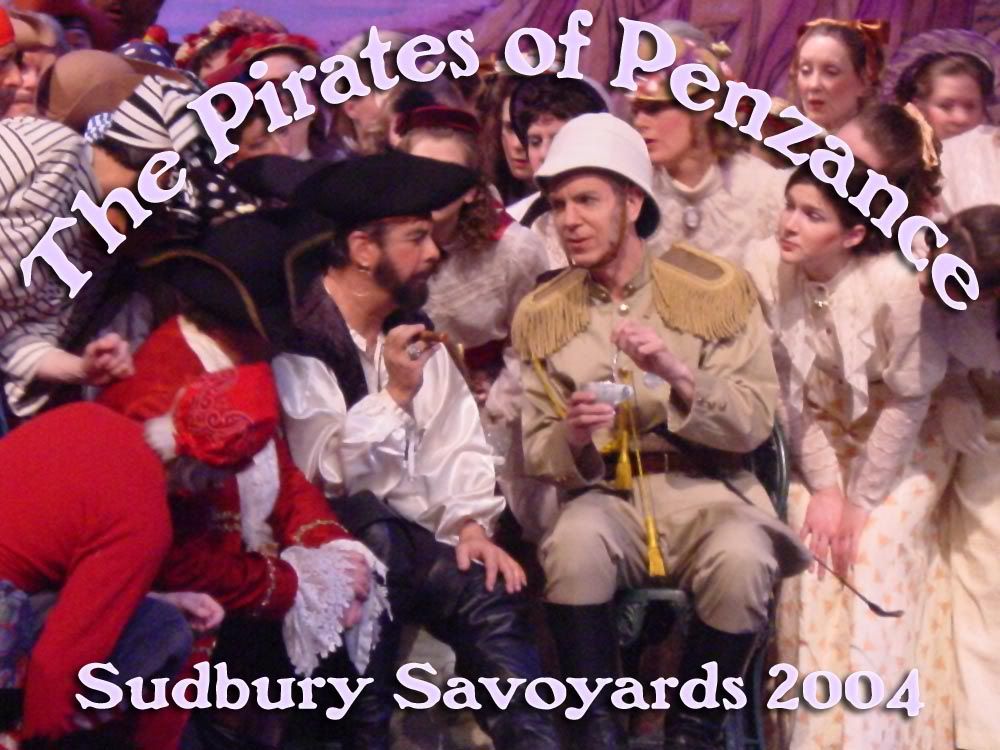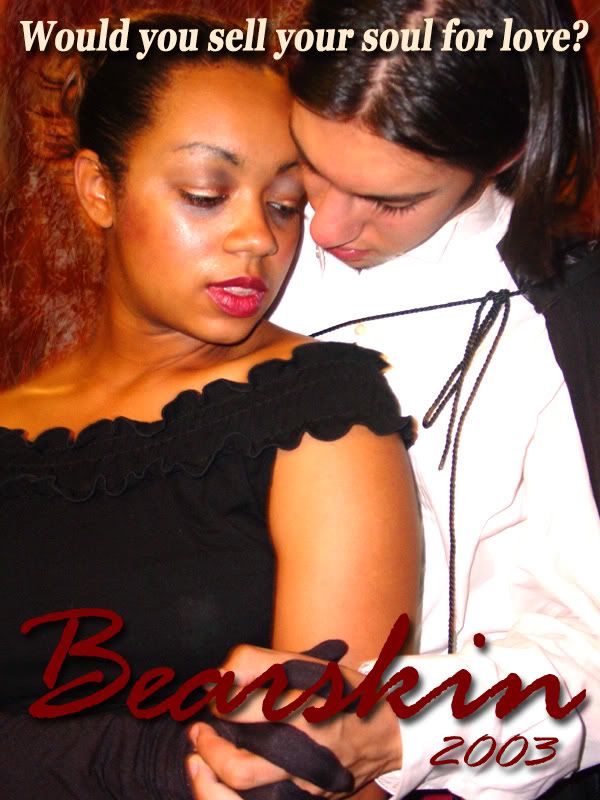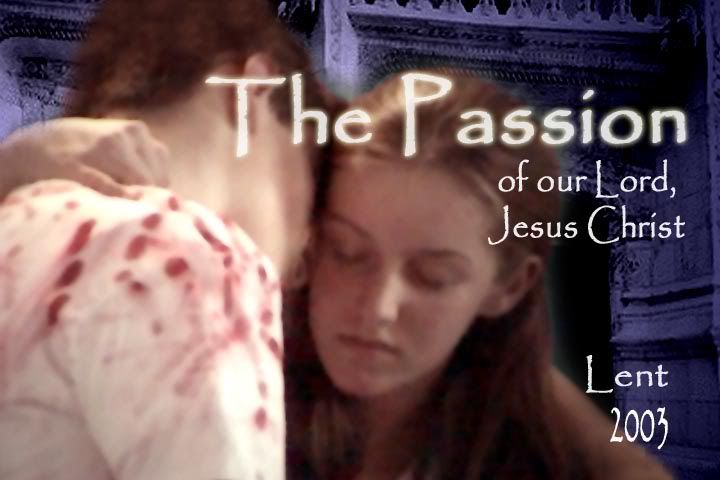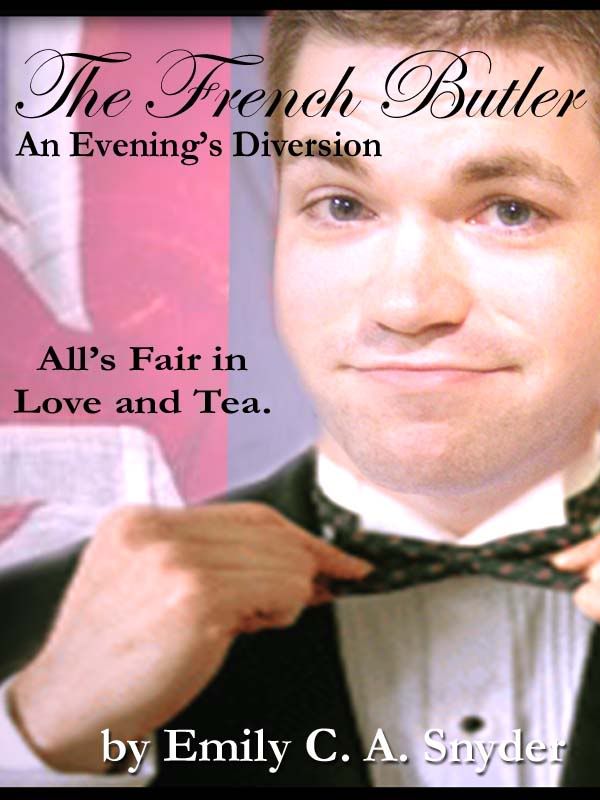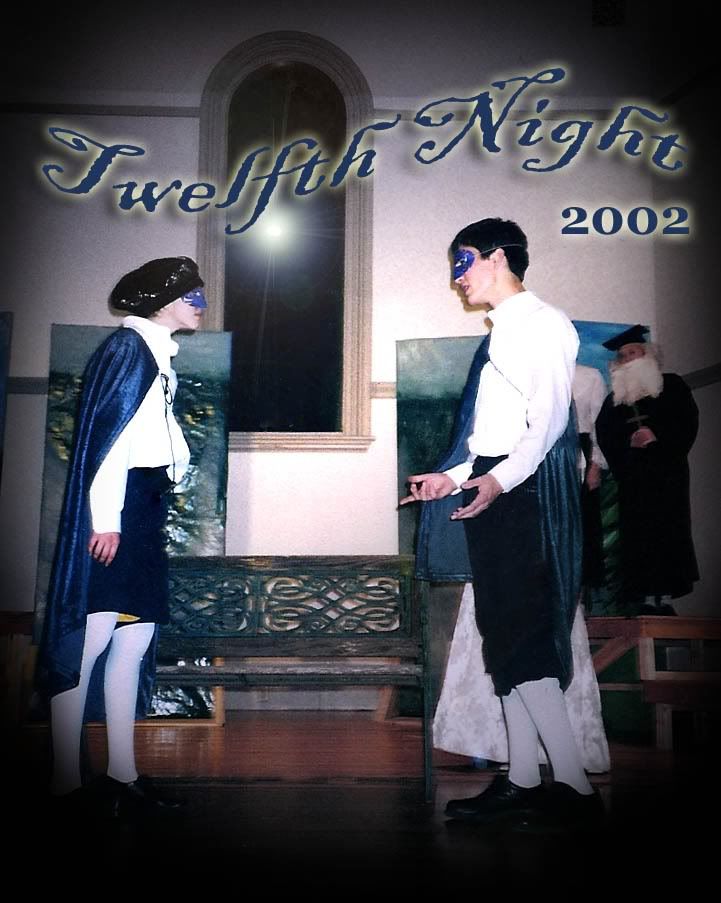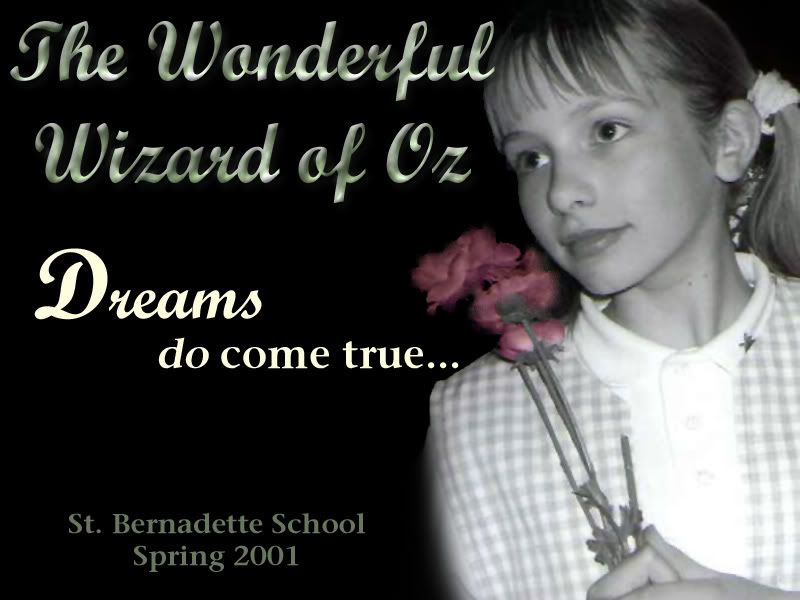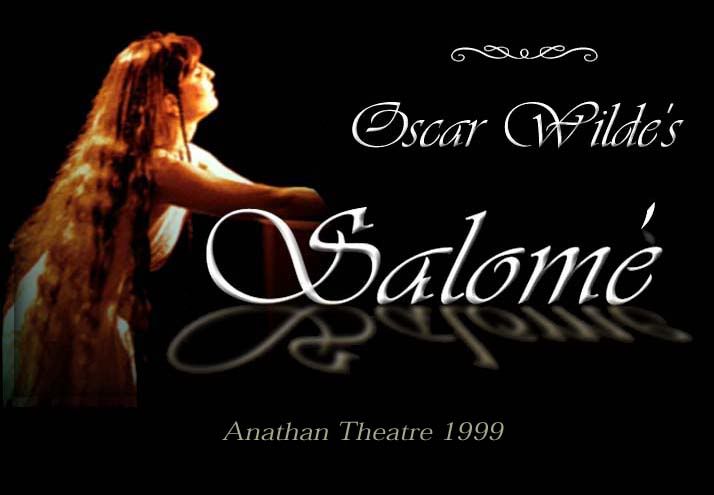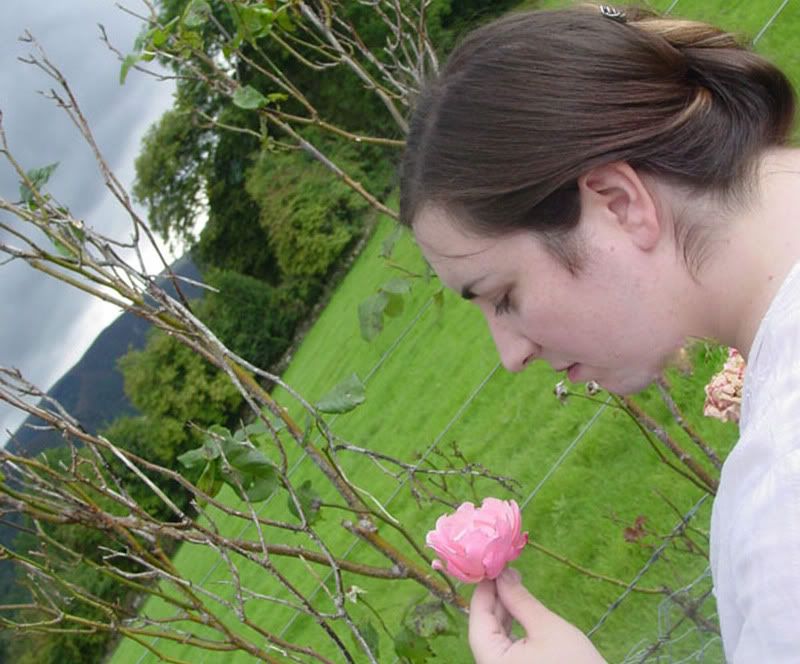Valkyrie in me
ARISE!
It looks like I'm a-going to the March for Life! Already, I'm getting into what I can only call "Austria Battle Mode" which is rather like land-based paratrooping in re: travel. Got the undershirt, the t-shirt, the long-shirt and the sweatshirt topped by a coat? Got the tights and the tight pants and the jeans? Got the three pairs of socks and appropriate other garments? Got the scarf and the gloves and the hat and the bag-o-stuff that one needs to rough it? Got the all eventualities covered? And the blanket of many colors? And maybe a purse? With actual money? CHECK! Just point me in the direction of the bus and the gym floor and the slushy common and the long walk up to Capitol Hill and I'm good to go! No Chinese auctioneer or five rosaries and a Divine Mercy or ankle aches and pains can sway this Waltraud from her destined path! Neither students nor lack of sleep nor harried schedule nor uncomfortableness of bus can sway this chosen Valkyrie from her battlemode! Bwahahhahahhahha!
Pilgrimidge HERE I COME!!!
Been far, faaaaaaaaaaar, too long.
I'm excited. Can ya tell?
And now I must write up a revised curriclum. And then watch
Lost and
Alias because, inexplicably, I'm home on a school night. Tomorrow, God willing and work providing, two stolen hours to see
In Good Company with Jules, who is herself very good company. And
de profundis - regard her entry on a "little fall of poison." (***Note to self*** MUST write that image! Must capture that in prose!)
In other news, finished
Will in the World about an hour and a half ago. Good biography, fairly drawn - but I find that my taste for Shakespeare dwindles because I feel that I know too much about him. The author kept returning to Shakespeare's "opacity" in his works - that is, the Bard's increasing unwillingness to assign explicit motives to some of his great literary creations - and perhaps it was that opacity about the man himself that I admired. To have him somewhat stripped lessens his plays in my eyes a little. I'm sure they shall regain their charmed appeal soon enough, but it's a curious reponse, I think.
Otherwise, whilst attempting to clear my brain of all its sundry and morbid [in the original sense - dare one say, Hamletesque sense?] fancies, I reread what I'd written thus far for
Wallace's Will. The first ten pages or so are really quite good, but as soon as the solicitor enters the scene it all goes to pieces. I think I need to push back the solicitor, bring in Miss Irene Saveloy earlier - perhaps she is there when the solicitor enters? - and thus reaffirm Terence's duplicity and also give him a plausible fiancee - better than Miss Fanny Biggins, anyway. Although, I do so like the line, "Felton! You've boffed Fanny Biggins!" (with bon-bons of questionable recipe, no less). But then again, Terence can put off popping the question to Irene (holding out for Miss Sweetling - does she have a first name?) and nearly get mired with Fanny at which point the resourceful Felton pops up to, indeed, boff Miss Biggins. Which could happen under Evie's nose and perhaps act as the event which makes Terence start actually confiding in Evie and vice versa? Yes - that sounds plausible. Ah, me! It looks as though I might actually have to
plot out the silly thing before writing it! Whodathunk? ;P Whilst reading it, though, it struck me that one thing is significantly lacking in its structure: the gratuitous asides and sorta-sililoquies (usually expositional bits the hero is forced to utter between scenes summing up everything that's just happened and is about to happen for the benefit of my Lady So-and-so who Wasn't Paying Attention). Which brings me to think that such conventions would be
marvellous to pop....
Yet it's rather...frustrating? Curious? Amusing? Expected? That
Wallace's Will bears so much in common with
King of Fools. Both are about conceited young men who are transformed by the power of non-insta-love (dare we name it...charity?!). Both Terence and Frederick assume disguises to woo their ladies, both have rather stiff-necked not-quite-father figures guiding their careers and not-quite-mother figures doing likewise (although Mrs. Dowdle and Felton are working in terrible conjunction to encourage vice in Terence, while Brosche and Mrs. Duffy are at odds in temperament but unified in their objective to make a good man out of Frederick), and both hold romantic love at little value. I suppose I do as well. The last bit, I mean. Although there is some truth to the first one - some truth, insofaras we all adopt masks to varying degrees to get us through the daily niceties. But the last bit, the romantic love bit....
No, I'd never go so far as to say that I "don't believe in love" or even that I forswear it for some self-love - but that romantic love on its own IS shallow. I suppose I do hold it - when
alone, that is key - in contempt. I certainly wasn't nice to it in
Nachtsturm Castle. (See what the reading of a biography does to one? Makes one too fearfully introspective! Yes! Give me a fantasy so that I may escape myself...or rather those "morbid fascinations of the brain." Can one go mad with too much thinking? Oh, the March for Life! There is much to that!) To return: I
know for a certainty that I
detest "insta-love" in either my prose or my plays. (Poetry is a different matter, mostly due to its form and its expression of the "opaque" heart.) Why should I root for Romeo and Juliet? Why should I care about Cinderella who is loved only for her fleeting looks? Give me Thrushbeard where they grow to love each other within the bond of marriage! Give me Thousandfurs where the prince is ensnared by the cleverness of his bride! Give me the Snow Queen where a childhood love must be regained - where there is association
before the ball, where there is deep love
before the thrill of glandular passion.
And yet - and yet.... Sayers stands up to firmly rebuke me. All emotion and passion is not the mere reaction of the body. As Sh. recently put it, while reciting some of her best dialogue, a man may give his friend a thousand reasons why he loves his lady, and his friend may agree with every particular, and still not love the lady. I understand why the poets have long written of this form of love. It is something divine, something miraculous, something ephemeral, something fantastic, something strangely individual and yet so universal that it needs no apology. It is the watery image of Love Himself, potent even in its dependency, even in its most shallow form - potent.
I cannot understand it. Yet - even those who love
longtemps - "this is a great mystery." A greater mystery than that which I require to shroud my literary heroes - for love, true love, looks firmly at the beloved and perceives every blemish and every fault along with every beauty and every virtue - and still loves. The beloved's biography is known, is contributed to, is shaped by the lover, and so too the lover is not unmoved but binds his self to his beloved, so that their lives converge and cannot be untwined fully from the other.
How fearsome, then, to look as one who is blemished, who is incomplete, whose only beauty is fleeting for some two seconds after confession to be lost immediately with the return of common, mean thoughts - to look at one's Lover, and tremble as the Beloved. There is no spot in Him, but there is in me. And my life and my soul and my motives which are so "opaque" to me are known perfectly by He who is Perfection. How terrible, within Love, to look within one's self and know that all Love longs to pour into the very being and only one's own infidelity hinders that sweet meeting? How terrible to know that every deception, every wrong, every indifference is, indeed, solely from me - who is yet, wonderfully and awfully, Beloved?
And now, I have thought too much. And yet been strangely comforted. As though in looking - no, not looking, glimpsing,
peeking - into the edges of His Truth, I have found a marvellous mirror that shows me yes, who I am, but who I am meant to be. For this is perhaps the most curious and gracious part of love, that it may transform, that it loves the beloved
because of that spark of who she may become. It is a motherly love that knows the child
will form in time. And all these loves bound up in one, and all of them in gentle waiting.
Mood: Reflective
Music: I'm With You which ended just now with
Into the West which seems appropriate
Goodness is: Having run all those errands today and woken up uber-early this morning. Yaaay, self! (Yaaay, Guardian Angel Time Table! Danke, Theresa!)
 The sporadic ramblings of Emily C. A. Snyder - devoted to God, theatre, writing, and much randominity.
The sporadic ramblings of Emily C. A. Snyder - devoted to God, theatre, writing, and much randominity.
